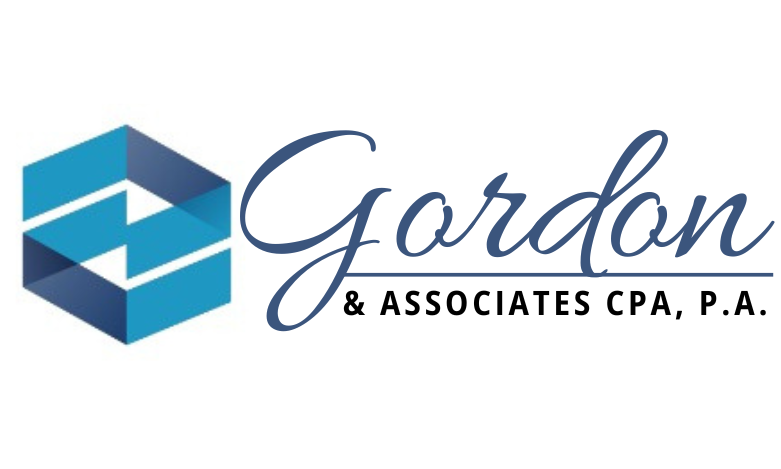Year-End Tax Planning Tips for Small Businesses

As the year ends, small businesses can take strategic steps to minimize tax liability and prepare for financial success. Reviewing financial statements, deferring income, and maximizing deductions—such as Section 179 depreciation and retirement contributions—can help reduce taxable income. Leveraging tax credits, managing inventory write-offs, and planning for estimated taxes further optimize savings.
Now is also the time to assess your business structure for potential tax advantages. Consult a CPA to ensure compliance and maximize tax benefits before the year closes.
The Benefits of Tax-Advantaged Retirement Accounts: A Comprehensive Guide

Tax-advantaged retirement accounts help individuals and business owners build financial security while reducing their tax burden. Traditional IRAs and 401(k)s provide immediate tax deductions, while Roth IRAs and Roth 401(k)s offer tax-free withdrawals in retirement. Self-employed individuals can benefit from SEP IRAs and SIMPLE IRAs, which allow for higher contributions and tax savings.
Choosing the right account depends on your current and future tax situation. By maximizing contributions, taking advantage of employer matches, and investing wisely, you can grow your retirement savings efficiently.
Understanding the Latest Tax Law Changes Affecting Small Businesses: Insights from the IRS

Staying ahead of IRS tax law updates is crucial for small business owners. Key changes for 2024 include new third-party payment reporting thresholds, adjusted tax brackets, evolving Employee Retention Credit (ERC) guidelines, and the phase-out of bonus depreciation. Additionally, businesses must comply with the Corporate Transparency Act’s Beneficial Ownership Information (BOI) reporting requirements.
Unrealized Gains Tax: One Important Thing to Know Now

Unrealized gains, or paper profits from investments that haven’t been sold, have long been untaxed. However, discussions about potential taxation on unrealized gains could significantly impact investors, affecting cash flow, long-term strategies, and estate planning. If such policies are implemented, investors may need to reassess how they manage their portfolios and tax liabilities.
Understanding the Impact of New Tax Legislation on Small Businesses

Recent tax legislation brings significant changes for small businesses, including adjustments to deductions, expanded tax credits, and modified tax rates. These changes affect cash flow, compliance, and strategic planning, making it essential for business owners to stay informed. Proactively updating tax strategies and consulting a professional can help businesses maximize benefits and navigate new tax obligations effectively.
Top 5 Tax Deductions Every Small Business Owner Should Know About

Maximizing tax deductions is essential for small business owners looking to reduce taxable income and increase savings. Key deductions include home office expenses, business vehicle costs, employee salaries and benefits, equipment purchases, and professional services. Keeping accurate records ensures compliance and maximizes tax benefits.
The Role of Tax Planning in Building Long-Term Wealth

Effective tax planning is essential for wealth-building, helping individuals and businesses reduce taxable income, maximize deductions, and leverage tax-advantaged investments. Strategies like retirement contributions, estate planning, and tax-efficient investing can significantly lower tax burdens and accelerate financial growth.
Year-End Tax Planning Strategies to Reduce Your Tax Bill

Proactive year-end tax planning is key to reducing your tax liability and maximizing savings. Strategies like maximizing retirement contributions, leveraging bonus depreciation, harvesting capital losses, and donating to charities can help individuals and business owners lower taxable income and prepare for a smooth tax season.
Why Tax Planning is Critical for Small Business Success

Tax planning is a vital tool for small business owners looking to reduce tax liabilities, improve cash flow, and drive long-term growth. Proactive planning helps minimize tax burdens, ensures compliance, and unlocks valuable deductions and credits. With a well-crafted tax strategy, you can reinvest savings into your business and secure a stronger financial future.
Unlock Hidden Tax Savings: How Cost Segregation Can Boost Your Cash Flow

Cost segregation is a powerful tax strategy that allows real estate investors and business owners to accelerate depreciation deductions, increase cash flow, and reduce tax liability. By reclassifying property components into shorter depreciation periods, you can unlock immediate tax savings and reinvest in your business.

